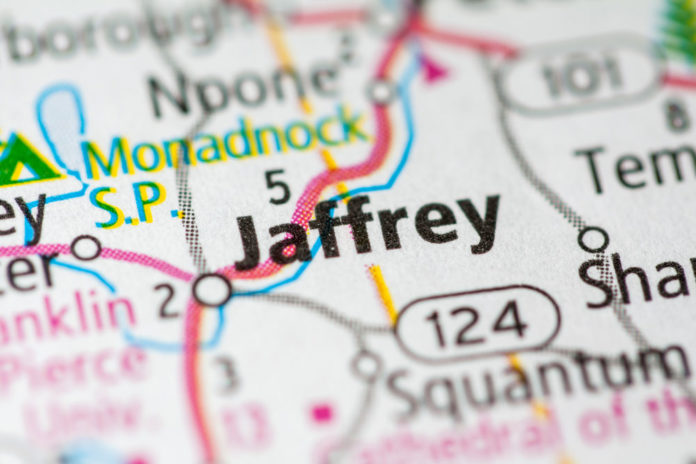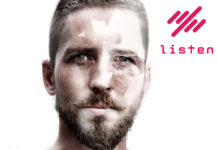The members of a drug addiction recovery nonprofit organization in Jaffrey, New Hampshire are calling for an increased focus on the implementation of comprehensive efforts to prevent substance abuse and overdoses in the state.
The nonprofit organization, called Reality Check and founded in 2008, has been aiming to reduce the number of drug and alcohol overdoses occurring among the youth in the state of New Hampshire while also lessening the societal and economic costs associated with substance abuse and addiction.
The organization has been providing prevention planning to school districts throughout New Hampshire and promoted the value of increased access to addiction recovery and treatment services as well as a holistic education.
However, the founder of the nonprofit organization has been recently promoting the importance of implementing additional prevention initiatives that target the youth of the state, after highlighting staggering New Hampshire drug abuse data.
According to the National Survey on Drug Abuse and Health, more than 100,000 teens disclosed that they had consumed alcohol within the past 30 days. The survey, which was conducted in 2015, also revealed that more than 230,000 adolescents between the ages of 12 and 17 were considered to be dependent on alcohol while more than 1.5 million people between the ages of 18 and 25 had an alcohol use disorder.
Reality Check has brought up these statistics to stress the fact that educating kids is essential in order to change the pattern of substance abuse from increasingly reaching epidemic levels as it has been the case throughout the country.
The founder and CEO of the organization is Mary Drew, a substance abuse prevention skills trainer, recovery coach, member of the New Hampshire Bureau of Drug & Alcohol Services and fellow of the Substance Abuse and Mental Health Services Administration (SAMHSA) who has recovered from a substance use disorder herself.
Drew stated that while her organization has the support of many local community members, businesses and organizations, there is a need to expand their initiatives and go beyond fundraising.
Reality Check has been supported in part by the White House Office of National Drug Control Policy, SAMHSA and the U.S. Department of Health and Human Services as well as individual donors. The nonprofit organization uses such support to provide services that are directly aligned with the strategies outlined by these agencies and by agencies like the New England High-Intensity Drug Trafficking Area agency and the New Hampshire Bureau of Drug & Alcohol Services.
Information provided by the organization emphasizes that Reality Check is not a clinical provider of addiction recovery services or medications for individuals with substance use disorders nor a drug detox center or a sober living facility. Instead, the nonprofit focuses on a ‘pay it forward’ model that aims to reconstruct connections and social capital.
According to Drew, the concentration now should be on drug abuse prevention strategies for larger school districts and communities. However, the support that the organization has had so far may not be enough.
She stated that Reality Check is looking for volunteers to contribute to the implementation of more prevention efforts and has invited any person who is interested to join her team’s efforts.

















